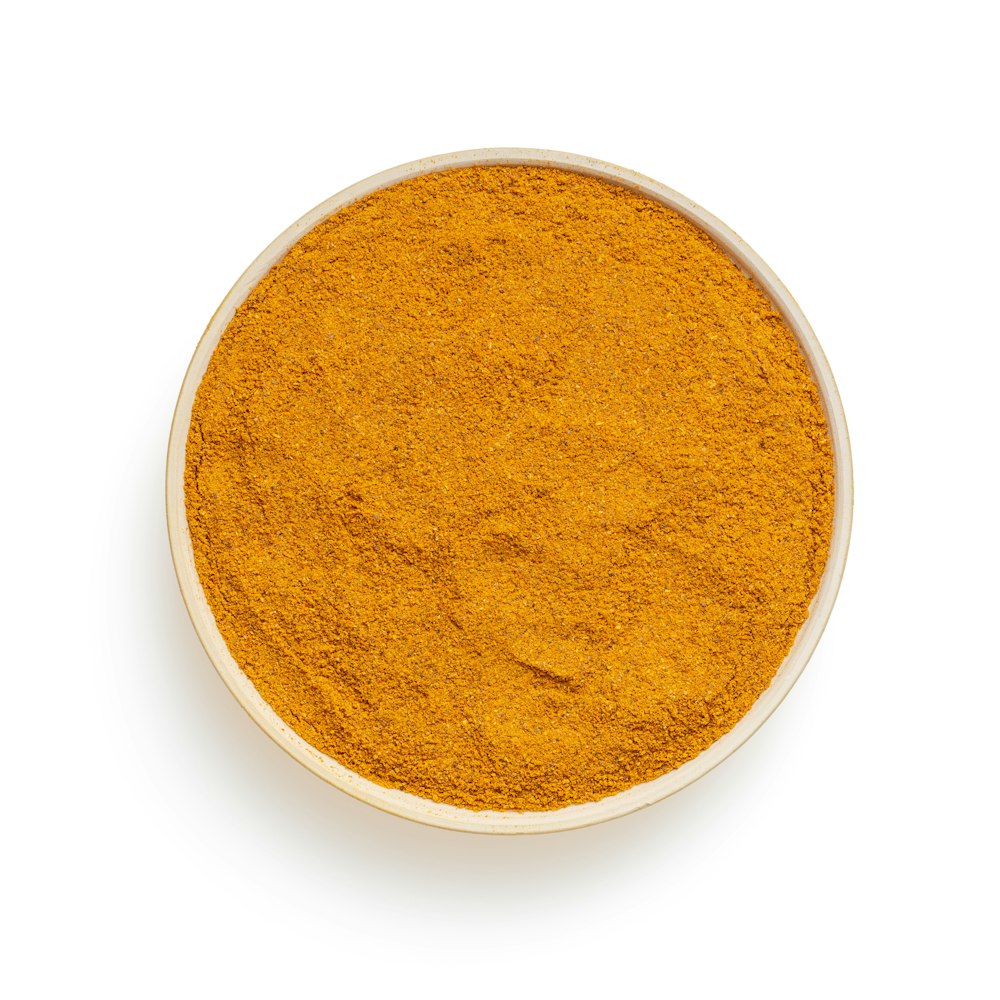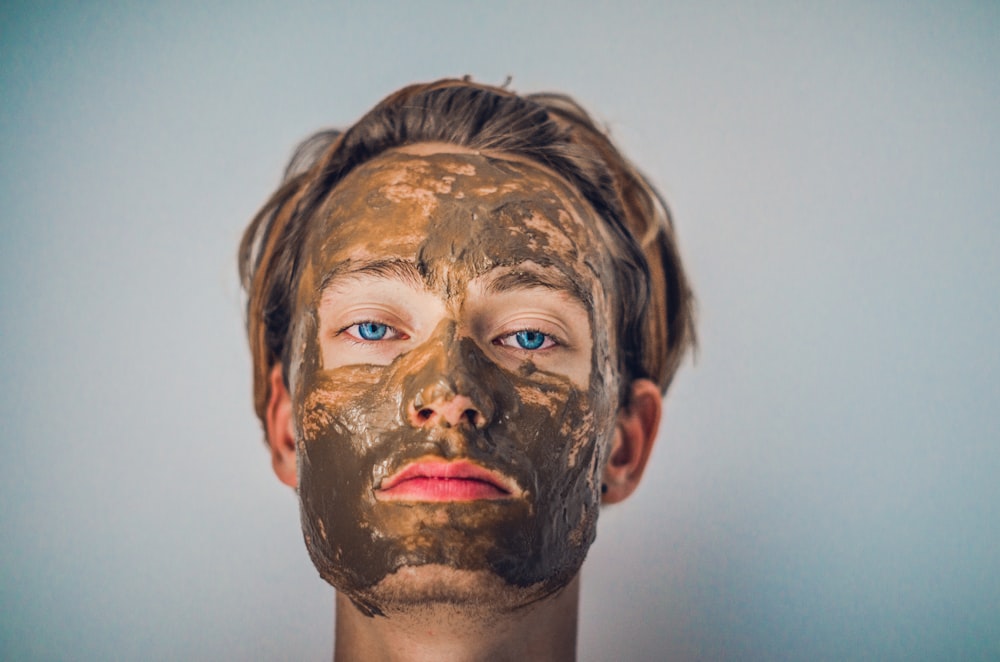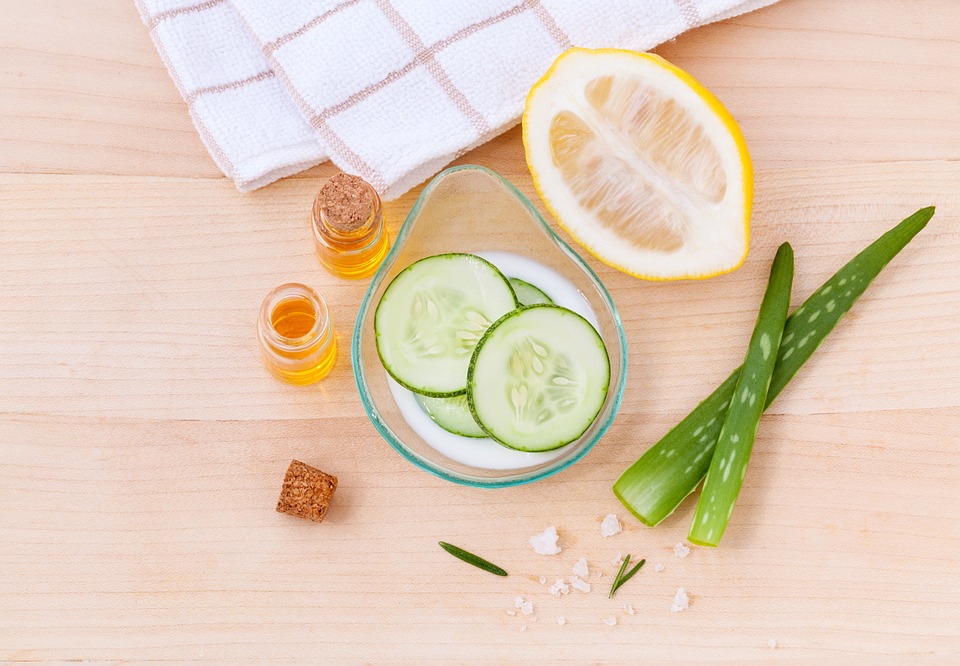I love face masks, I have tried so many brands that I cannot recall how much, and I have encountered some of the best as I have been able to experience the worst. In this article, we will address a particular type of skincare; DIY face masks.
There is no magazine right now that doesn’t claim to have the best DIY recipe for healthy and glowing skin. Most of us, especially during the pandemic, have become craft masters and slather our faces with kitchen ingredients.
I’m stressed when I see people ruining their skin unconsciously by using sodium bicarbonate, sugar, or even lemon juice. I must recognize that some ingredients are beneficial, such as aloe vera and honey, but this does not apply to everything in your kitchen. Keep on reading; you will be shocked to learn how much damage you have been doing to your skin if you are used to DIY face masks.
What Are DIY Face Masks?

‘Do It Yourself’- its name says it all; DIY face masks are skincare blends that you prepare with the help of ingredients that you can find in the kitchen. This is one of the main reasons DIY face masks have gained popularity over the past years, as they are easy and affordable compared to real products that you will buy at the grocery store or your health store.
Ingredients that are commonly used are; sugar, lemon juice, sodium bicarbonate, turmeric powder, coconut oil, honey, and olive oil.
You can find a DIY skincare recipe almost anywhere now; a magazine or even online. Some claim to be purifying or brightening. They will suggest the amount of the ingredients you will have to mix, and normally, you just proceed by mixing everything.
Easy, Yes. Safe, I Doubt

I am an amateur of face masks, I love treating myself once in a while, but I do not advise anybody into using DIY face masks; here’s why. First, you are not a cosmetic or derma professional, and I guess these people who wrote this recipe aren’t either. Yes, there are face masks made with lemon or honey, or turmeric powder, but keep in mind that these ingredients are processed in a way that won’t damage your skin. Cutting a lemon in half and rubbing it onto the skin is a big no-no; lemon is a very acidic ingredient, and using raw lemon on your skin will damage your skin barrier, create redness, peel your skin and make it more sensitive to the sun, which will increasingly damage your skin. This is the not-to-do combo.
In addition to that, buying a face mask from the health store will allow you to address your real skin concern. Some people claim that they have smooth skin after using a DIY face mask, and this is not completely false, but it is a short-term effect that will only last a few minutes, but the damage that you have done to your skin may last weeks if not months.
We are not against face masks but investing in something that will do good for your skin is better than destroying it. Keep in mind that even store-bought face masks can be bad for your skin; that’s why it is always good to carry on a patch test before, as there are a lot of things to consider when choosing a face mask, such as skin type and sensitivity.
Now that you know how your skin can get damaged while using ingredients from your kitchen, let us know in the comments if you will still be using DIY face masks in the future…


